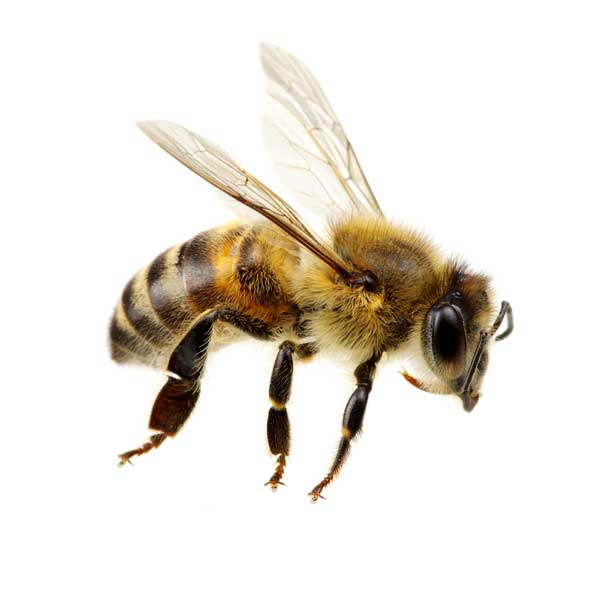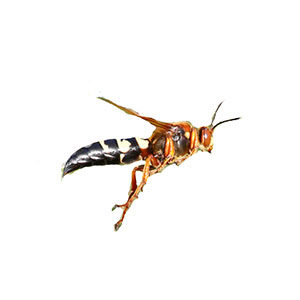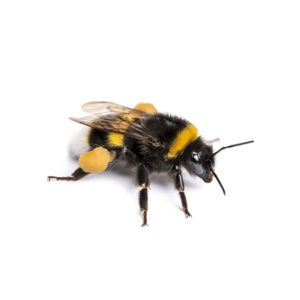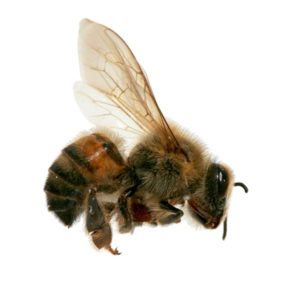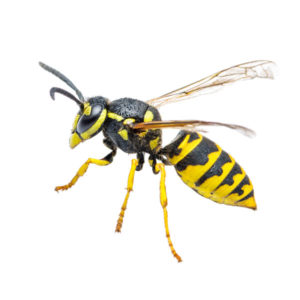Honey Bees in Florida
These bees are active pollinators that, true to name, produce honey. Their colonies can survive for years. Queen honey bees are slightly larger than male honey bees, also known as drones. They are found all over the nation and pollinate more than 100 types of crops. The two main types are Africanized honey bees and European honey bees. The latter is much more aggressive than the former. Honey bees will swarm when the colony becomes too large for its hive.
Honey Bee Habitat
Honey bees often build their nests in tree crevices, but will occasionally build nests in attics or chimneys. Honey bees are most visible in summer and late spring when new queens leave their old colonies along with thousands of workers to build new nests in tree hollows or crevices. At this time, large groups of bees can be seen swarming together to find a new nesting place. It takes a swarm approximately 24 hours to locate a new nesting site. While most swarms are harmless, certain species of bees, like the Africanized honey bee, are extremely aggressive and may attack unprovoked.
Honey Bee Behaviors, Threats or Dangers
Honey bees do sting, but can only sting once. Only female workers are capable of stinging and are not likely to sting when foraging for nectar and pollen in the backyard. Bee stings generally happen when these docile bees are provoked or accidentally crushed. The stinger of the honey bee, having barbs, will remain in the skin unless physically removed. The method of removing the stinger, either grasping with fingers, tweezers, or scraping from the skin, is not as important as removing the stinger as quickly as possible. Honey bee stings are quite painful and even life-threatening to a small percentage of people who are allergic to the venom. If a honey bee nest is suspected on your property, it is always best to contact a professional bee removal company.
Need help with Honey Bee control?
We'll call you! Leave your information below.

